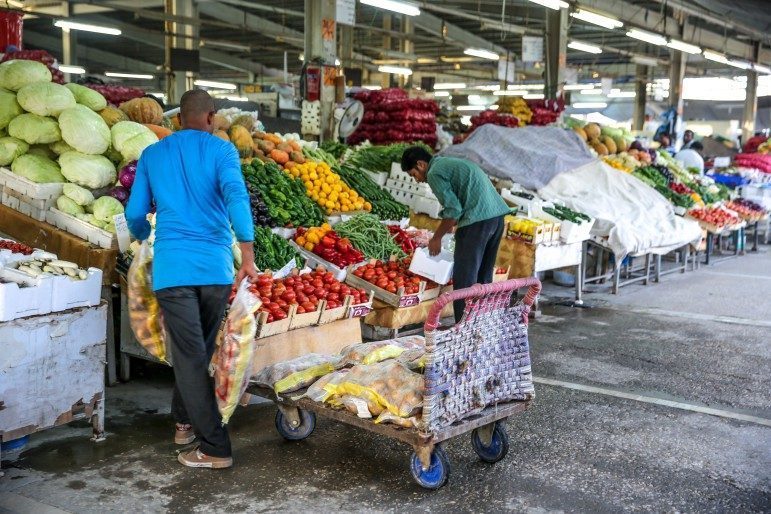
Qatar will not be instituting any bans on certain produce from Arab countries, as the UAE has recently announced plans to do.
But some consignments of produce will meet increased scrutiny when it comes into the country, local officials have said.
In a circular sent to ports across Qatar, the Ministry of Public Health (MOPH) ordered that shipments of fruits and vegetables from Lebanon, Oman, Egypt and Jordan only be released after undergoing a pesticide analysis, the Peninsula reports.
The move comes after the UAE announced this week that it would soon be banning produce from those four countries, as well as Yemen.
What’s banned
Effective May 15, the UAE has blacklisted these products for having unacceptably high levels of pesticide:
- All varieties of peppers from Egypt;
- Peppers, cabbage, cauliflower, lettuce, squash, beans and aubergine from Jordan;
- Apples from Lebanon;
- Melons, carrots and watercress from Oman; and
- All types of fruit from Yemen.
Any other produce from these countries will be accepted if they are certified to have met certain standards, UAE officials said.
The announcement has raised concerns about increased prices for produce in the Emirates, but also drew praise for protecting residents.
For its part, Qatar’s MOPH has demurred on instituting any blanket bans.
In a statement this week, it instead emphasized the strong measures it has in place to ensure the safety of food imports.
The ministry added that 510 samples of produce were tested for insecticides during the first quarter of this year.
Only some 67 of them were rejected due to high levels of the chemicals.
As a desert nation, Qatar imports the vast majority of its food. However, it has been decreasing its reliance in recent years.
For example, a 2015 government report stated that the country grew nearly 24 percent of the fruits and vegetables consumed in Qatar in 2013. That’s up from 15 percent in 2009.
Thoughts?